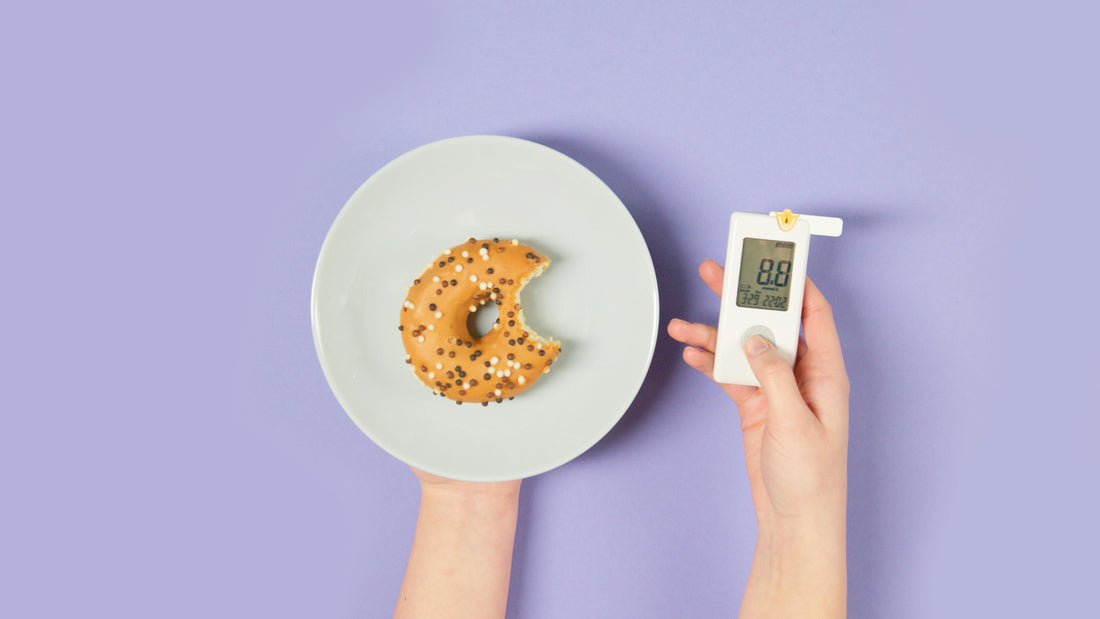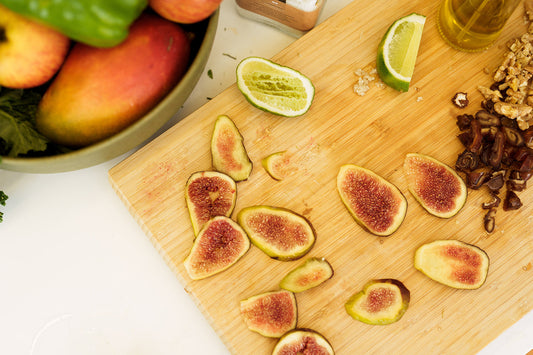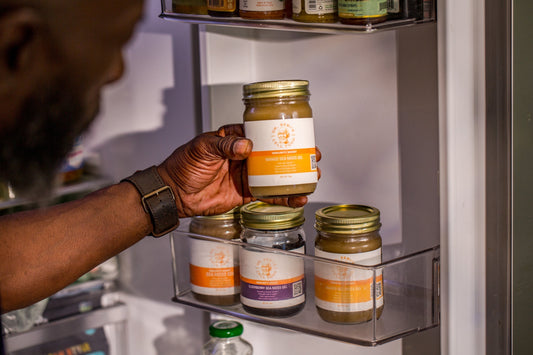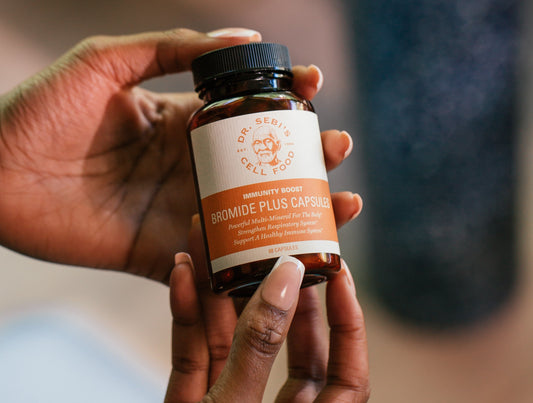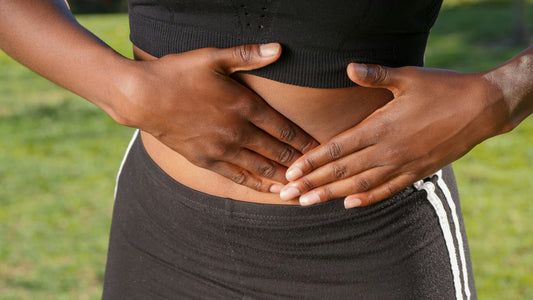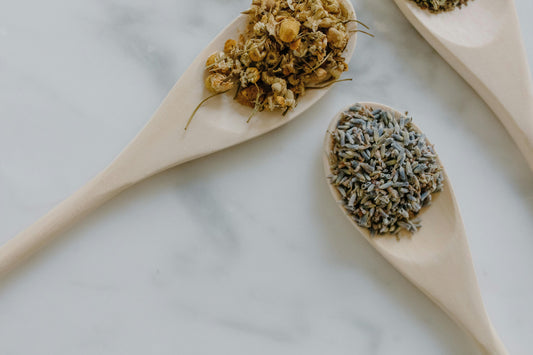Drawing on the intuitive wisdom of the body, fasting offers a path toward healing, providing a natural way to balance blood sugar and manage diabetes.
Fasting is a time-honored practice that has been used for centuries to promote healing and rejuvenation. Abstaining from food (or certain foods) for a specific period allows the body to enter a state of rest and repair.
Dr. Sebi often spoke of the importance of fasting to restore its natural alkaline state. Because when approached mindfully, fasting supports blood sugar regulation, improves insulin sensitivity, and promotes overall health.
How Fasting Works
When you’re abstaining from food, the body shifts its metabolic processes to tap into stored energy, primarily in the form of glycogen (the stored version of glucose) and fat. As glycogen stores are depleted, the body enters ketosis, where fat becomes the primary energy source. This helps stabilize blood sugar levels by reducing insulin resistance and promoting better insulin sensitivity.
Additionally, fasting triggers autophagy, a natural cellular cleanup process where the body breaks down and removes damaged cells and toxins. As a result, inflammation decreases, and the body's detoxification processes are activated, promoting cellular repair and overall healing.
“When you fast, the body goes into maintenance mode, self-healing.” –Dr. Sebi
Is Fasting Good for Diabetes?
The main way fasting benefits people with diabetes is by improving insulin sensitivity. When you fast, the body becomes more efficient at using insulin to process glucose, reducing the need for high insulin production, according to a June 2019 study in Cell Metabolism.
Fasting also stabilizes blood sugar levels by reducing insulin spikes that often occur after meals, per a March 2022 study in the International Journal of Endocrinology. And an April 2017 study from the World Journal of Diabetes also suggests that fasting may help reduce inflammation, which is often elevated in people with diabetes and contributes to insulin resistance.
Intermittent Fasting and Diabetes
One of the most popular forms of fasting today is intermittent fasting (IF), which is a form of time-restricted eating that involves cycling between an eating window and periods of fasting. This approach has gained significant attention for its potential health benefits, including improved metabolic health and blood sugar regulation.
For those managing diabetes, intermittent fasting allows the body to improve its insulin response during the fasting window, helping to reduce the risk of high blood sugar. A June 2024 study in JAMA showed that intermittent fasting can help lower A1C levels, which are a key marker of long-term blood sugar control.
How to Do Intermittent Fasting for Diabetes
Intermittent fasting can be an effective strategy for managing diabetes, but it’s important to approach fasting cautiously. Here’s a guide on how to safely incorporate intermittent fasting into your routine:
- Talk to your doctor: They can help you determine the best fasting plan and may suggest adjustments to your medication or fasting plan to ensure your safety.
- Start slowly: Begin by fasting for 12 hours and eating during the other 12 hours of the day. This gives your body time to adjust to the fasting period without causing a dramatic dip in blood sugar.
- Extend your fasting window: If you’re doing well with 12:12, you can increase the amount of time you fast. One of the most common types of IF is 16/8: fasting for 16 hours and eating within an 8-hour window.
- Monitor your blood sugar levels: This helps you understand how your body responds to fasting and ensures that you don't experience dangerously low blood sugar (hypoglycemia). Note: If you need to consume food to improve your blood sugar, make sure it's not empty calories or high processed foods with lots of sugar.
- Stay hydrated: Drink plenty of water — Dr. Sebi recommended one gallon of spring water a day — to prevent dehydration and support your body’s natural detox processes.
- Focus on nutrient-dense foods: During your eating window, choose foods rich in fiber, healthy fats, and low-glycemic carbohydrates to help stabilize blood sugar levels.
- Listen to your body: If you experience dizziness, weakness, or significant drops in energy during fasting, adjust your fasting schedule or return to your normal eating pattern.
Risks of Fasting With Diabetes
While fasting can offer incredible benefits, it's important to recognize that it may not be suitable for everyone, especially those with diabetes. When fasting, blood glucose levels can fluctuate, which could lead to hypoglycemia (low blood sugar) or hyperglycemia (high blood sugar), particularly for those on insulin or other diabetes medications.
It’s essential to monitor blood sugar levels regularly while fasting and be aware of how your body responds to fasting periods. Consulting with a healthcare professional before starting a fasting regimen is crucial, especially if you have diabetes or are on medication that affects blood glucose levels.
Dr. Sebi's approach always emphasized the importance of self-awareness and adjusting health practices to the body's needs. Fasting should be tailored to your unique circumstances, and safety should always come first.
Before You Fast
Before embarking on a fasting journey, it's important to prepare your body. Dr. Sebi often spoke about the need to cleanse and purify the body before making any significant changes to diet or lifestyle. A gentle detox with alkaline foods reduces the load on the digestive system and nourishes your cells.
Hydration is also key when fasting. Drinking water, herbal teas, and alkaline fluids like coconut water can help maintain hydration and support the body’s natural detox processes. Taking time to rest and allow your body to acclimate to fasting is important, so start slow and increase the duration gradually as your body adapts.
Other Tips for Managing Diabetes Holistically
While fasting can be a powerful tool for managing diabetes, it should be part of a broader approach that includes holistic practices like diet, exercise, and stress management. Here are some additional tips for managing diabetes naturally:
- Follow an alkaline, plant-based diet: Dr. Sebi’s nutritional guide centers on alkaline foods that support the body’s natural healing abilities. Eating a diet rich in plant-based, whole foods like leafy greens, fruits, and vegetables can help balance blood sugar levels.
- Incorporate healing herbs: Herbs like cascara sagrada, burdock root, and dandelion are known for their ability to support healthy blood sugar levels. Adding these herbs to your diet can complement the effects of fasting and support overall wellness.
- Exercise regularly: Regular physical activity helps the body use insulin more efficiently and can assist in maintaining healthy blood sugar levels.
- Reduce stress: Chronic stress can elevate blood sugar levels, making it harder to manage diabetes. Practices like meditation, deep breathing, and yoga can help reduce stress.
- Get quality sleep: Ensuring that you get enough sleep allows your body to repair itself and regulate blood sugar more effectively.
Dr. Sebi’s Approach to Diabetes Management
Dr. Sebi's Alkaline SugarBalance is a holistic, all-natural supplement package designed to support healthy blood sugar levels, curb unhealthy cravings, and improve metabolism.
Featuring Chelation 2 to detoxify and aid digestion, Endocrine to support the pancreas and regulate blood sugar, Bio Ferro Capsules to nourish the blood, and Viento to control cravings and boost energy, this combination is a perfect ally for people who want to manage their diabetes naturally.
Frequently Asked Questions
How long should you fast for diabetes?
The ideal fasting duration for diabetes varies by individual, but many people find success with intermittent fasting (16 to 18 hours of fasting, followed by an 8-hour eating window). It's important to start gradually and talk to your doctor first to determine the best approach.
Does fasting lower A1C?
Yes, fasting has been shown to help lower A1C levels by improving insulin sensitivity and reducing blood sugar fluctuations. Regular fasting can contribute to better long-term blood sugar control for those with type 2 diabetes.
Is fasting good for your liver?
Fasting can be beneficial for liver health by promoting detoxification and reducing fat accumulation in the liver. When fasting, the liver processes stored fat for energy, which can help reduce liver fat and support overall liver function.
